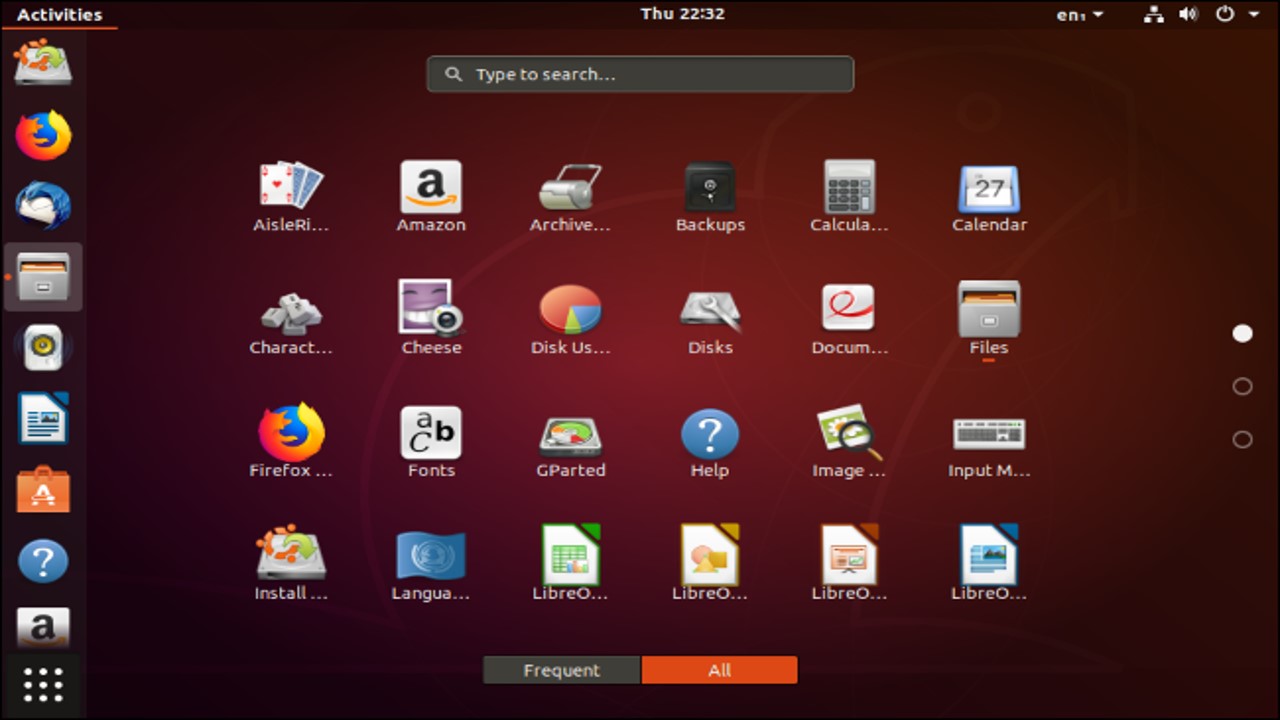Linux (commonly pronounced) is a generic term referring to Unix-like computer operating systems based on the Linux kernel. Their development is one of the most prominent examples of free and open source software collaboration; typically all the underlying source code can be used, freely modified, and redistributed by anyone under the terms of the GNU GPL and other free software licenses.
Linux is predominantly known for its use in servers, although it is installed on a wide variety of computer hardware, ranging from embedded devices and mobile phones to supercomputers. Linux distributions, installed on both desktop and laptop computers, have become increasingly commonplace in recent years, partly owing to the popular Ubuntu distribution and the emergence of net books. The name “Linux” ( listen (help·info)) comes from the Linux kernel, originally written in 1991 by Linus Torvalds
User interface
Users can control a Linux-based system through a command line interface (or CLI), a graphical user interface (or GUI), or through controls attached to the associated hardware (this is common for embedded systems). For desktop systems, the default mode is usually graphical user interface.
A Linux system typically provides a CLI through a shell, which is the traditional way of interacting with a Unix system. A Linux distribution specialized for servers may use the CLI as its only interface. A “headless system” run without even a monitor can be controlled by the command line via a remote-control protocol such as SSH or telnet.
Most low-level Linux components, including the GNU user land, use the CLI exclusively. The CLI is particularly suited for automation of repetitive or delayed tasks, and provides v ery simple inter-process communication. A
graphical terminal emulator program is often used to access the CLI from a Linux desktop.
Servers and supercomputers
Linux distributions have mainly been used as server operating systems, and have risen to prominence in that area.
Components of IBM Roadrunner, the world’s fastest supercomputer 2008, which runs Linux. Linux distributions are the cornerstone of the LAMP server-software combination (Linux, Apache, MySQL, Perl/PHP/Python) which has achieved popularity among developers, and which is one of the more common platforms for website hosting.
Linux distributions are also commonly used as operating systems for supercomputers: as of June 2009, out of the top 500 systems, 443 (88.8%) run a Linux distribution.
